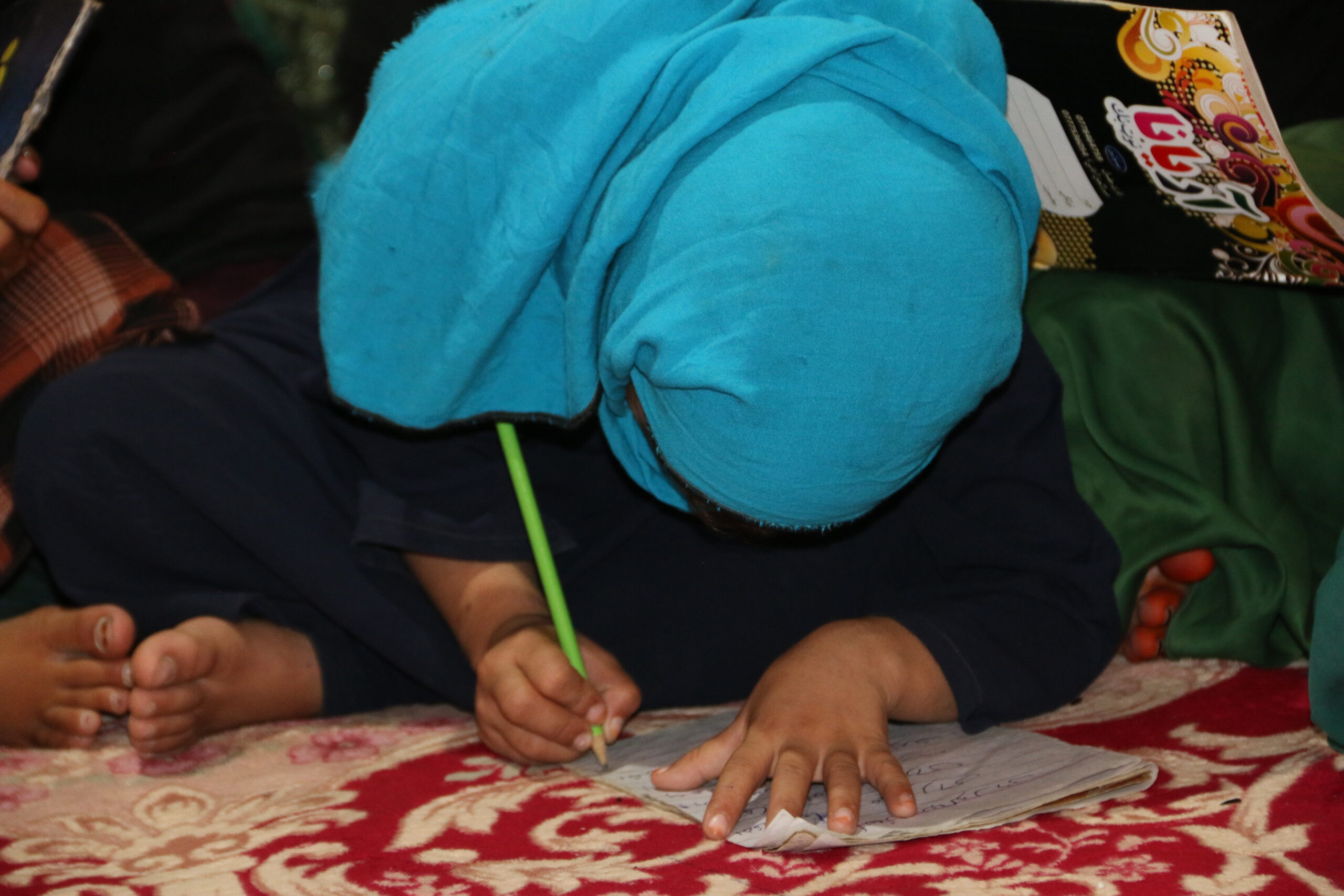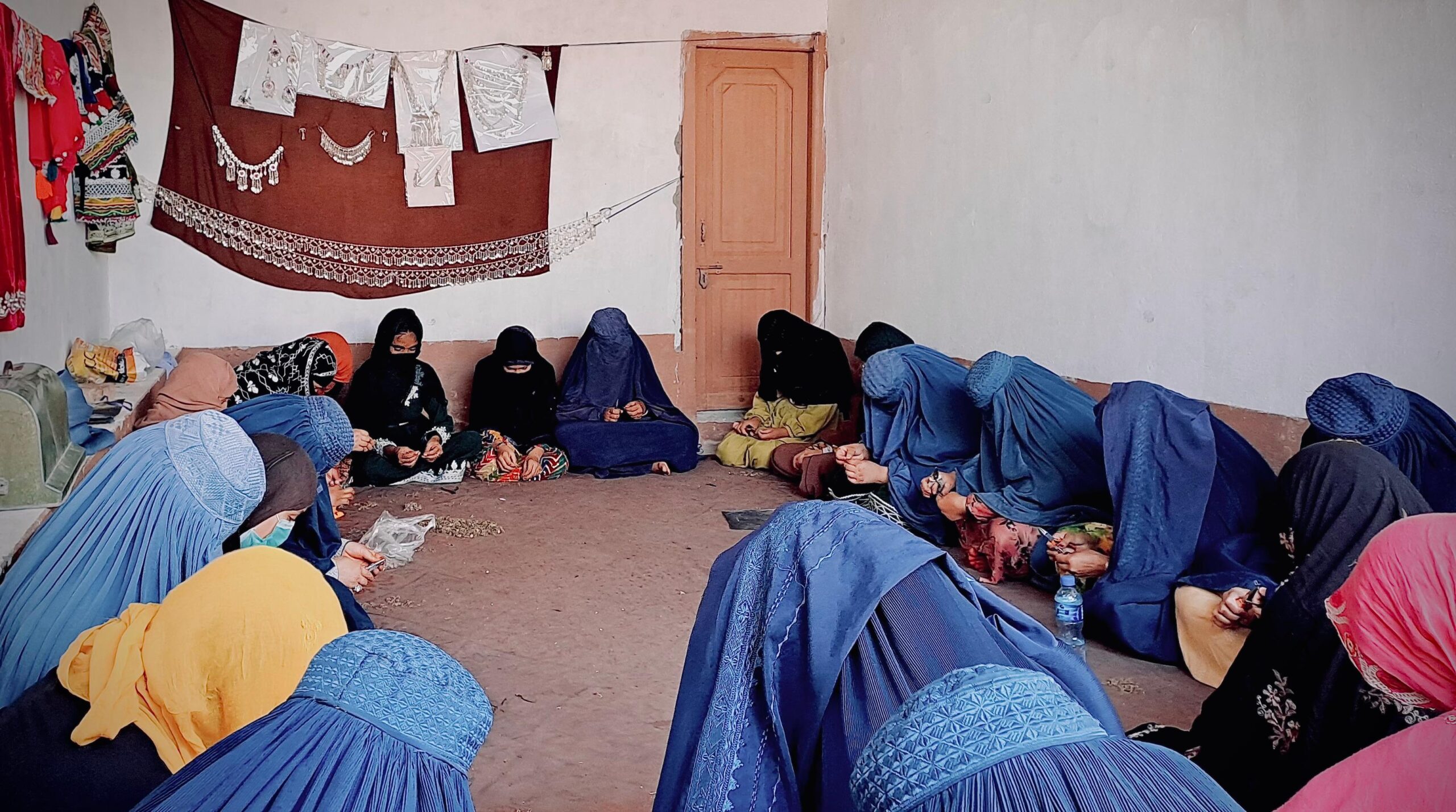The Taliban’s Minister of Higher Education, Neda Mohammad Nadeem, announced on Sunday, August 25, that all inquiries regarding the reopening of girls’ schools and universities have been deferred “until further notice.” During a press conference, Nadeem emphasized that the decision to reopen educational institutions for girls will be determined not by public demand but by the dictates of Islamic law.
“Afghanistan is an Islamic society with an Islamic government,” Nadeem stated, underscoring that the reopening of schools and universities for girls beyond the sixth grade cannot be rushed. He further claimed that 90 percent of women’s rights have been fulfilled under the Taliban regime.
“We have not yet reached a point where we can reopen the doors of universities or schools to females,” Nadeem added.
Nadeem indicated that religious scholars are currently reviewing the matter. “Should they conclude that women’s education is permissible under certain conditions, the existing ban could be lifted; otherwise, the suspension will remain in effect.” he added.
The minister also challenged religious scholars to provide proof, within the framework of the Hanafi school of Islamic jurisprudence, that women’s education is allowed. He emphasized that the resolution of the issue hinges on finding such evidence. Referring to the stance of the Taliban leader, Nadeem asserted, “The ruler is bound by Sharia, and we are servants of Sharia; whatever Sharia decides will be implemented.”
The Taliban have hinted at plans to raise women’s education to a “mandatory level.” Nadeem accused the group’s critics of exploiting the issue of women’s education to incite “unrest” on International Women’s Day.
Since regaining power in Afghanistan, the Taliban have imposed severe restrictions on girls’ education. Schools have been closed to girls beyond the sixth grade, and in December 2022, universities were also shut down for female students. These decisions have barred nearly 1.5 million girls from continuing their education.
It has now been three years since the Taliban first implemented these bans. Despite international criticism, the group maintains that the issue is an “internal affair of Afghanistan” and insists that foreign governments and international organizations have no right to intervene.
In addition to the education bans, the Taliban have prohibited girls from sitting for the national university entrance exams. The United Nations has repeatedly reported that the Taliban’s restrictions have deprived 1.4 million girls of their right to education.
Despite these measures, the Taliban continue to assert that they are protecting women’s rights, even as their laws now extend to prohibiting women from raising their voices in public.












